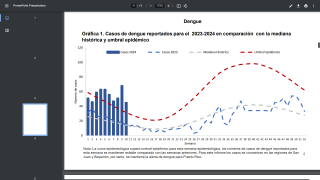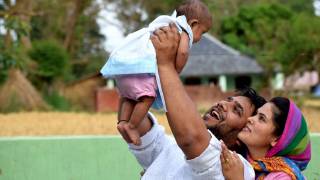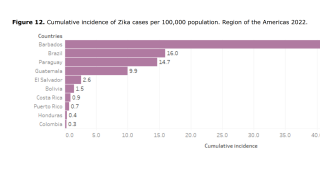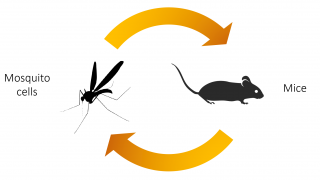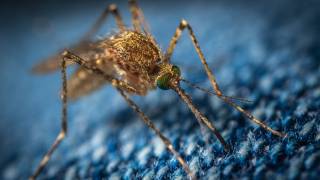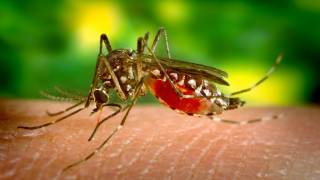So-Cal is the USA’s Zika Hot-Spot

Since the global Zika outbreak began in South America during 2015, a large number of travel-associated Zika cases have been reported in California.
As of August 2, 2018, the state of California reported 14 Zika virus cases during 2018.
Which represents 41 percent of all Zika cases reported in the USA.
Most of these travel-related Zika cases were identified in people who returned to the USA from Mexico or Central America, says the Centers for Disease Control and Prevention (CDC).
Additionally, a team of researchers said ‘with the continuing spread of Ae. aegypti and Ae. albopictus mosquitoes in the border area of California, segmenting travel-related Zika case from a local transmission case, has become a diagnostic challenge for the California Department of Public Health (CDPH).’
CDPH subsequently provided criteria for local health departments in California to consider in evaluating whether suspected persons without travel history should be considered for Zika virus testing.
Healthcare providers should continue to be suspicious of returning travelers with rash, fever, conjunctivitis, or arthralgia, particularly when other diagnoses have been ruled out, said CDPH.
Similar to the chikungunya outbreak in the Americas that began in 2013 and rapidly peaked in most locations before decreasing, the number of Zika cases is now decreasing.
Although the level of Zika virus transmission has decreased, many countries have continued to report moderate levels of local Zika virus transmission.
On August 7, 2018, the CDC updated Alert Level 2, Practice Enhanced Precautions, notices for 90 countries regarding Zika outbreaks.
Since there are no approved vaccines for the prevention of the Zika virus, these travel alerts are important.
‘Given the large number of travelers between Mexico and California, it is critical that Zika prevention messaging, surveillance and outreach continue, especially as it pertains to women traveling while pregnant, said these researchers.
‘Given the health risk to pregnant women and their fetuses, this finding is of great concern.’
‘It is vital that we apply the public health lessons learned during the Zika outbreak to prepare for complexities that might arise during future epidemics of emerging and reemerging arboviruses,’ these researchers concluded.
This study was supported by the Epidemiology and Laboratory Capacity for Infectious Diseases Cooperative Agreement no. 6 NU50CK000410 from the Centers for Disease Control and Prevention. No conflicts of interest were disclosed.
Recently, on August 17th, vaccinations began the first-in-human trial of an experimental live, attenuated Zika virus vaccine.
The Phase 1 clinical trial will enroll a total of 28 healthy, non-pregnant adults, ages 18 to 50, and will analyze the response in participants and assess the safety of the experimental vaccine, which showed promise in earlier tests in rhesus macaque monkeys.
“Zika virus infection remains a significant threat to pregnant women and their developing fetuses, and we can expect to see periodic outbreaks and cases in areas where Aedes aegypti mosquitoes thrive,” said NIAID Director Anthony S. Fauci, M.D.
“NIAID remains committed to developing safe and effective Zika vaccines, and we are pleased to begin clinical testing of a live attenuated candidate.”
Our Trust Standards: Medical Advisory Committee


